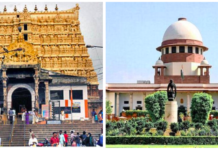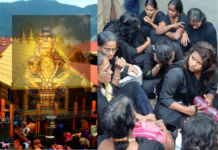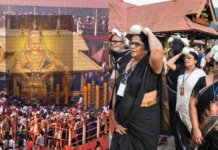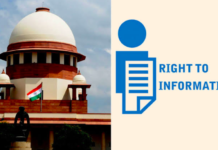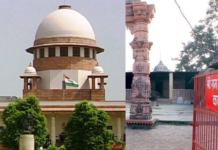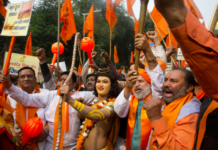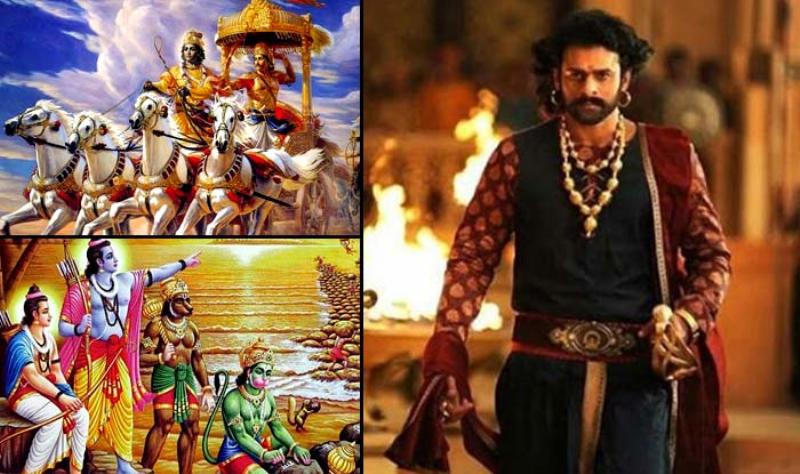In a 3-2 majority judgment, the Supreme Court ruled that the practice of instant divorce through triple talaq among Muslims is void, illegal and unconstitutional.
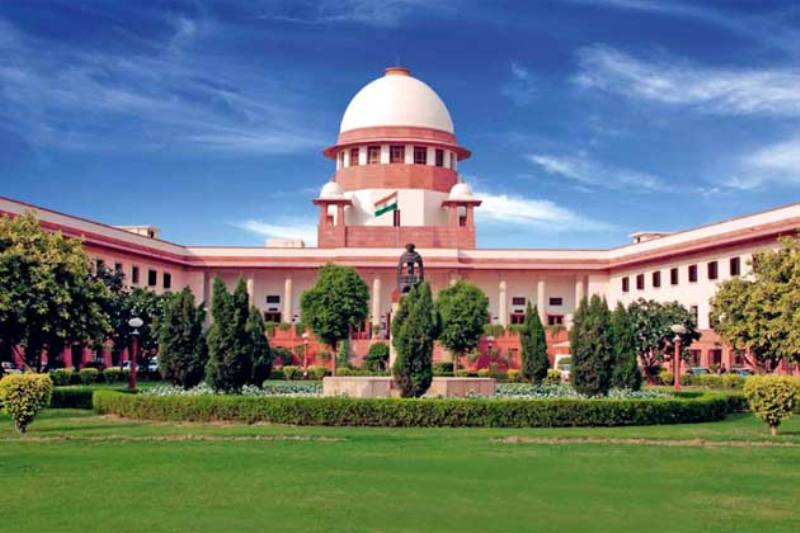
In a judgment that was long overdue, the Supreme Court today ruled that the archaic practice of instant divorce through triple talaq among Muslims is void, illegal and unconstitutional. But it was not a unanimous judgement. Chief Justice JS Khehar and Justice S. Abdul Nazir, in a minority judgment, said triple talaq is integral to Islamic practices and enjoys constitutional protection. But Justices Kurien Joseph, Rohinton Fali Nariman and Udey Umesh Lalit threw this viewpoint out of the judicial window saying triple talaq is not integral to Islam, is banned in law and lacks approval of the Shariat.
The majority judgment has rightly interpreted the Quran even as major Muslim countries like Pakistan, Bangladesh, Egypt, Turkey, Tunasia and Algeria had long ago ended the practice of triple talaq.
Though Justice Khehar upheld the validity of triple talaq, he stayed the practice of instant triple talaq for the next six months – the time he gave Parliament to pass a law to deal with the issue. He also urged political parties to shed their difference and enact a law.
In instant talaq or talaq-e-biddat, a man can pronounce talaq thrice in a sitting, or through phone, or writes in a talaqnama or a text message. The divorce is considered immediate and irrevocable, even if the man later wishes to re-conciliate.

While many Muslim women may celebrate today’s verdict, it still does not bring them on equal footing with men. This is because men still reserve the right to talaq without resorting to legal course of action.
Talaq-ul-sunnat has not been invalidated. Under this, a Muslim man, not woman, can pronounce talaq. Once this is done, the wife has to observe a three-month iddat period covering three mestrual cycles. During this period, the husband can arbitrate and re-conciliate with the wife. In case of cohabitation between the couple, during these three months, the talaq is revoked. However, when the period of iddat expires and the husband does not revoke the talaq either expressly or by consummation, the talaq is irrevocable and final.
But today’s judgment is in the right the right direction and brings dignity and a sense of equality to illiterate and oppressed Muslim women in India. They were subject to ridiculous practice of talaq through WhatsApp messages, phone calls and even through Speedpost service. How the Chief Justice could find this integral to Quran in these days is rather strange.
Instant coffee, instant noodles, instant and ready to eat foods are fine, not divorce.
Najma Parvin, woman activist, termed the judgment as a revolutionary and historic decision to save dignity of women.
In its reaction, the government said it was ready to enact a suitable law after obtaining consensus from various political parties and organisations.
The Centre had earlier told the bench that it will come out with a law to regulate marriage and divorce among Muslims if ‘triple talaq’ is held invalid. Now the Narendra Modi government should walk the talk and enact a legislation that will respect the dignity and rights of Muslim women.
In today’s judgment, the court said triple talaq violated the fundamental rights of Muslim women as it irrevocably ends marriage without any chance of reconciliation.
Triple talaq , or verbal divorce, is practiced by some in the Muslim community to instantly divorce their wives by saying talaq three times.
Justice Kurian Joseph said what cannot be true in theology cannot be protected by law. He added that triple talaq is not recognised by Quran and hence it couldn’t be a practice to be protected under the right to religion.
The bench had asked All India Muslim Personal Law Board (AIMPLB) a direct question: why a “custom which is theologically sinful” was “part of the practice of a community”. The question was asked after AIMPLB took the stand that triple talaq might be sinful yet it was a religious practice dictated by Sharia.
How can a sinful practice get the cover of law?
Chief Justice Khehar, however, said talaq-e-biddat is an integral part of the Sunni community and has been practiced for a 1000 years. A thousand years? That is a long time ago. Countries and communities have progressed and societies have changed. So should a stoneage law.
It was Shayara Bano, a 35-year-old woman, who challenged the practice in 2016, a year after her husband of 15 years divorced her via triple talaq. Petitions of four other Muslim women – Aafreen Rehman, Gulshan Parveen, Ishrat Jahan and Atiya Sabri – were tagged with Bano’s plea.
Some Muslim groups see the issue as a matter of religious right while others, including the Centre, termed it unconstitutional.
“Testing the validity of customs and practices of a community is a slippery slope into which the Supreme Court must not venture,” said the board’s lawyer Kapil Sibal.
It is believed that it was the strong stand of the Central Government against triple talaq that had won the BJP the votes of Muslim women in the UP Assembly elections.
Parties like the Congress, the SP, RJD and BSP – who have been cultivating Muslim vote bank – may find it difficult to take a stand. It they support triple talaq, they may get the votes of narrow-minded Muslim men; if they oppose, that would be lost, but getting the support of women and progressive Muslims may be doubtful.
The Congress on Tuesday welcomed the Supreme Court verdict striking down instant triple talaq. Speaking to the Indian Express, Congress leader Manish Tewari said, “The Supreme Court decision striking down triple talaq 3:2 is a progressive decision which all right thinking people must welcome.” Comparing the decision with the abolishment of practice of untouchability, Tewari said that something which was affecting the rights of Muslim women has been abolished.
“If you go into the constitutional history of India, the framers of the Indian Constitution had abolished untouchability by inserting an article right at the inception…it was article 17. At that point in time, somebody could have argued that untouchability was intrinsic to the Hindu faith. But the framers of the Constitution took a very very constructive view. And similarly by a judicial fiat something which is impacting the rights of Muslim women has now been done away with,” he said
Five judges from five different communities heard the triple talaq case in the Supreme Court. They are Chief Justice JS Khehar (Sikh), Justices Kurian Joseph (Christian), RF Nariman (Parsi), UU Lalit (Hindu) and Abdul Nazeer (Muslim). Even the Supreme Court had become prey to religious power struggle.
































